Track and Trace for Businesses
Track and Trace Across Industries: The Benefits of a Multi-Product Platform
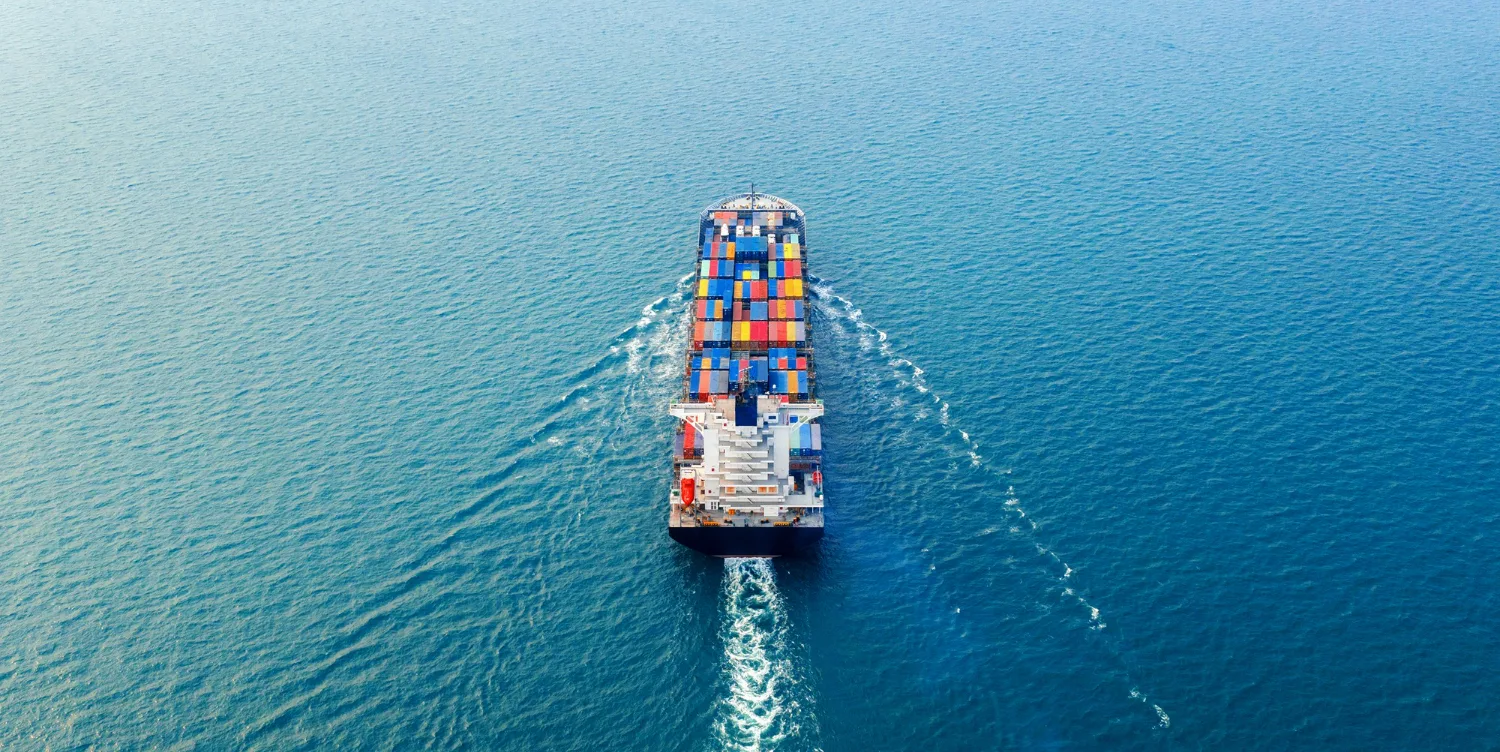
Diverse Applications of Track and Trace Across Industries
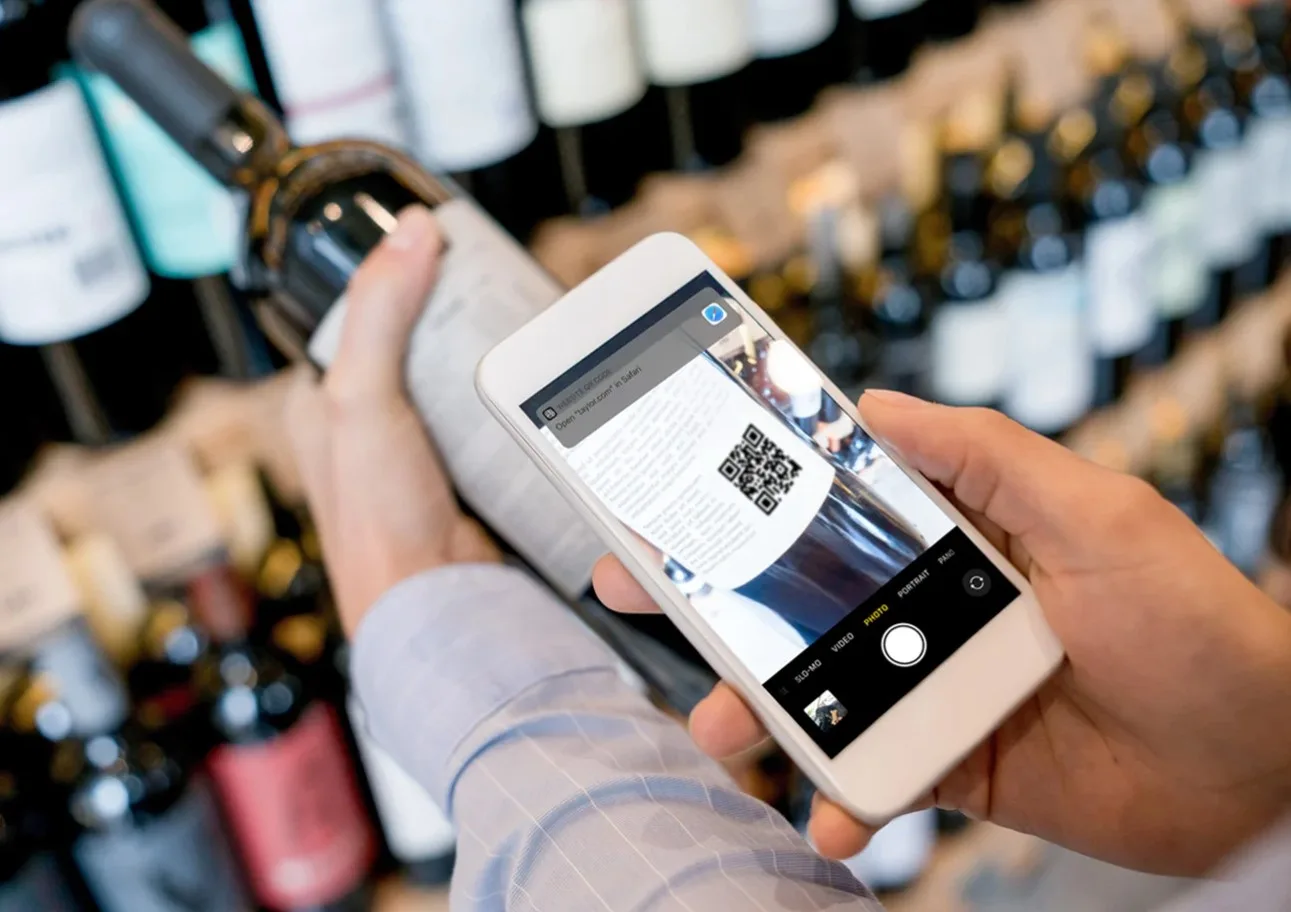
Alcohol
Large international manufacturing companies tend to enforce compliance more rigorously and prioritize protecting their brand. The threat comes from unscrupulous local companies that counterfeit well-known alcohol brands or even bottle illegal types of alcohol.
According to the OECD, illegal alcohol accounts for 26% of global consumption on average, rising to 44% in low-income countries. Each year, over 750,000 deaths worldwide are attributed to illegal alcohol consumption.
The state’s objective in implementing national traceability platforms is to safeguard consumers from low-quality, life-threatening products and to shield conscientious producers from unfair competition.
Digitalizing alcohol circulation can significantly boost excise tax collection, with potential increases of 20 to 25% in the first year after system implementation.
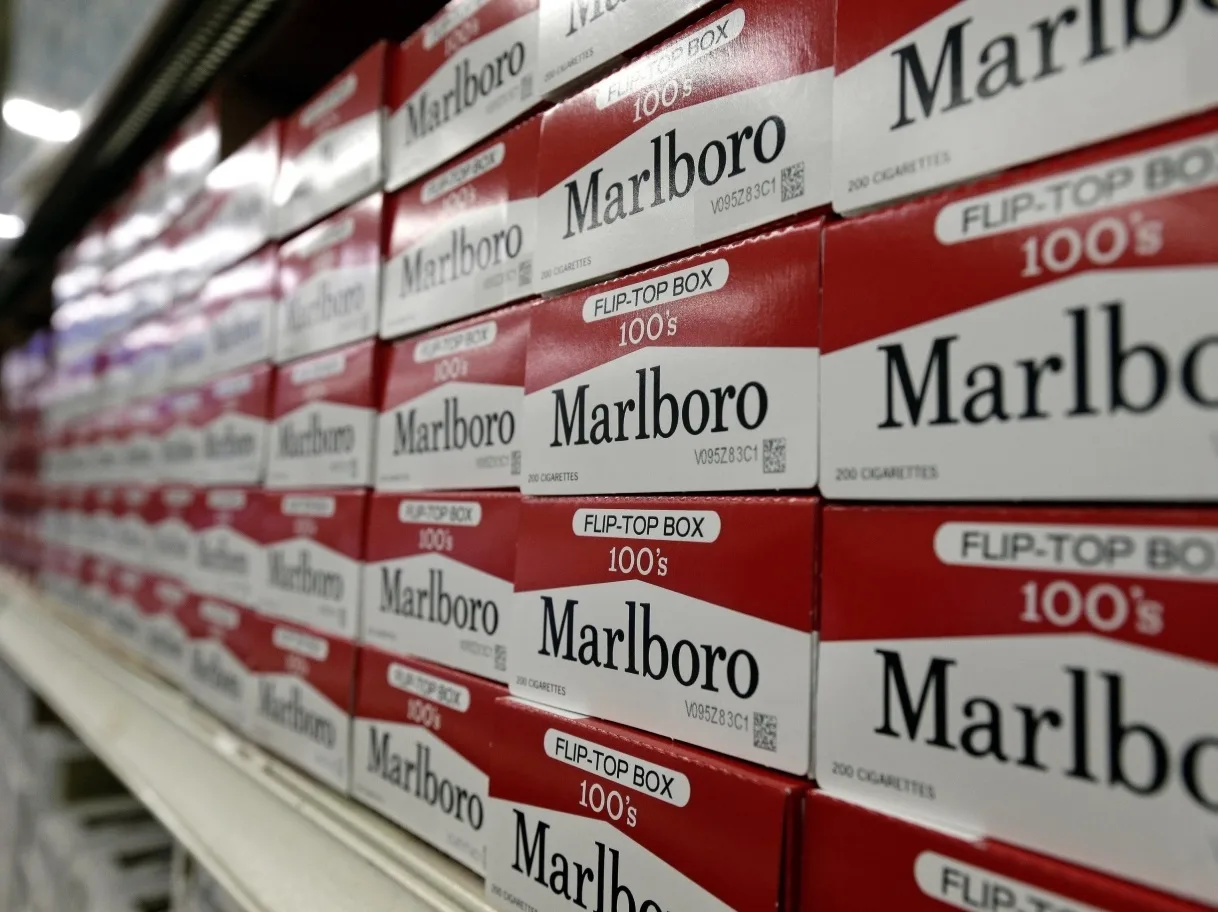
Tobacco
In the tobacco industry, a major challenge is cross-border smuggling between countries, which places immense pressure on governments and manufacturers. According to the International Union Against Tuberculosis and Lung Disease, the damages from illegal tobacco trade are severe: it constitutes approximately 12% of the global cigarette market. This results in a staggering loss of government revenue amounting to $40.5 billion annually and contributing to 160,000 deaths each year.
If taxes are lower in Market A than in Market B, sellers from Market A might illegally ship their tobacco products to Market B to profit from the difference. But with regulations like the FCTC protocol aiming to reduce tobacco-related harm, authentication of tobacco-related devices and next-generation solutions like traceability platforms become the must-do practice.
The Union reports that if illicit tobacco trade were eliminated governments would gain at least $31.3 billion a year, and from 2030 onwards more than 164,000 premature deaths a year would be avoided, the vast majority in middle- and low-income countries.
.webp)
Pharmaceuticals
The pharmaceutical industry is one of the most critical and vulnerable sectors.
Over 1 million deaths worldwide annually are attributed to substandard or falsified medicines, with the highest number of cases, around 200,000, occurring in Africa, according to WHO.
Many countries already enforce mandatory tracking systems. One specific area of application for these systems is monitoring drugs dispensed to patients under government programs. This ensures drug availability to the population and prevents abuses, such as inefficient spending of government funding and the sale of government-purchased drugs on the black market.

Luxury Products
For expensive or unique goods like premium coffee or wine, where they come from matters a lot.
Authenticity is key for luxury items because it is one of the main factors that determines their price.
Brands in this category often have their own ways to track products. But they’re not as advanced as government systems, which offer more comprehensive tracking capabilities to ensure product authenticity and origin. Also, a wider system helps maintain consistent authenticity standards across different markets.
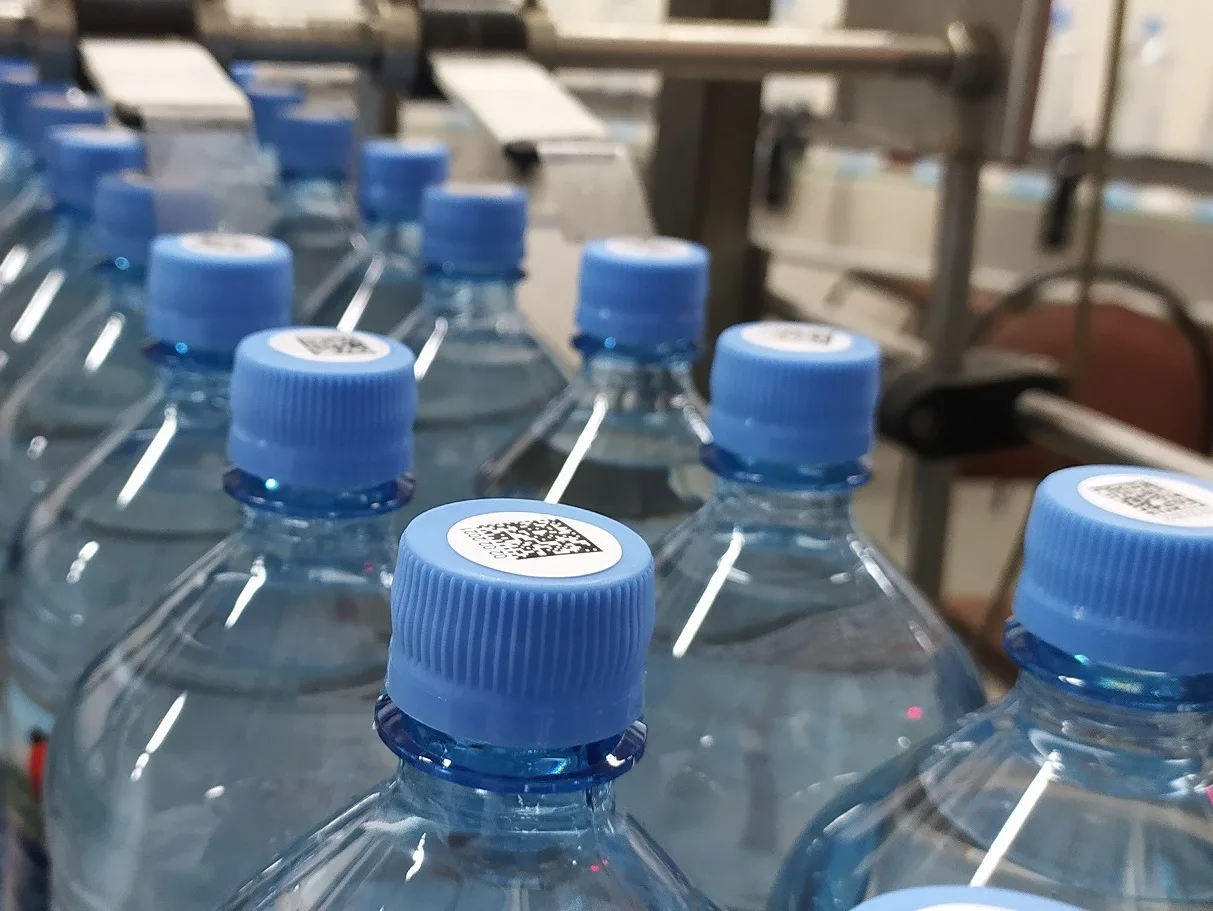
Soft Drinks
Globally, there’s a growing emphasis on stricter accounting for carbon footprint and CO2 emissions. Traceability solutions play a key role in helping manufacturers regulate the carbon footprints of their products, validate the legitimacy of components, and track conditions to prevent damage, diversion, and waste.
For instance, reusable bottles are marked within the system, and records of their usage frequency are maintained. What exactly does that accomplish? It helps businesses manage their inventory, track the lifecycle of each bottle, and optimize their reuse, ultimately reducing waste and environmental impact.
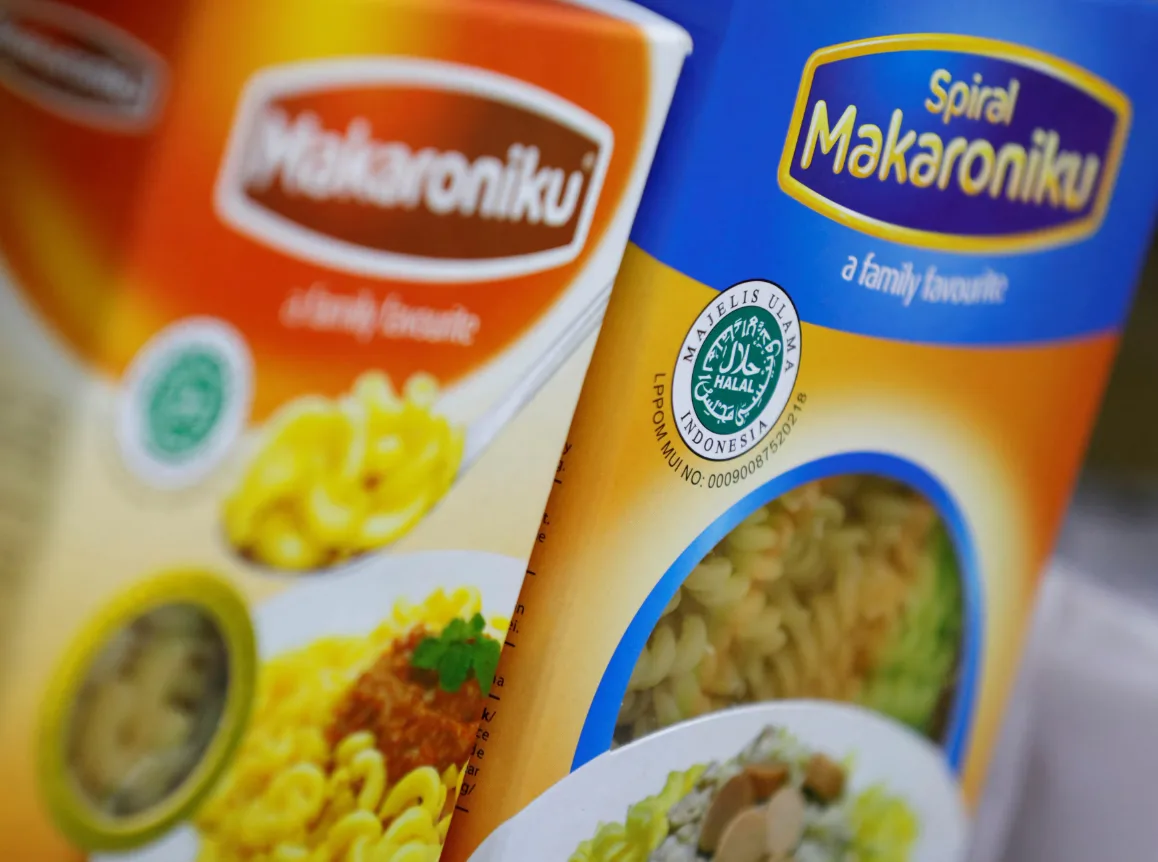
Food
Consumer consciousness is key to influencing product choices. For example, there is a considerable market for halal products.
According to Precedence Research, the global halal food market size is accounted at $3.30 trillion in 2025 and is expected to reach around $9.45 trillion by 2034.
Consumers increasingly want to know the origin, safety, and compliance of their food with halal requirements. Moreover, there’s a growing demand among consumers for sustainability assurance and product transparency. In response, government regulations are being introduced to require manufacturers to meet stringent standards in different countries. While batch tracing sufficed in the past, there’s now a strong trend toward going down to the level of each package.
There’s a need for globally aligned solutions that benefit everyone involved. Governments must understand the benefits of securing supply chains with track and trace solutions. Similarly, everyone in the supply chain who interacts with government agencies should know what the technology can do for them.
Other industries
Manufacturing and production
Mining (e.g., gold mining), vehicles (cars, motorcycles, buses), spare parts, electronic devices (laptops, smartphones, drones), textiles (sustainably sourced cotton), cosmetics, jewellery.
Transportation and logistics
Cargo and logistics management, boats, ships, and yacht management.
Infrastructure
Machinery and heavy equipment maintenance, construction (e.g., steel beams), energy sector (solar panels).
Farming
Organic produce, livestock and rare animal tracking, forestry (timber tracking).
Hospitality
Fine dining ingredients, food safety certifications and inspections.
How to Make it Work
First of all, to prompt action from the public sector, manufacturers need regulations, or they’ll be less likely to feel compelled to implement track and trace systems. These regulations set clear standards and consequences. So, manufacturers will need to prioritise investment in this technology to meet compliance requirements and avoid penalties.
Secondly, there’s a discussion about independent versus unified industry traceability systems. If an independent labelling system is introduced for each industry, this, on the one hand, makes it possible to consider the requirements and specifics of the sector. On the other hand, there will be many systems to develop and support. Each of them will need to be integrated with the systems of the manufacturer and the state. The total cost of ownership will grow, and the costs to market participants will, too.
A unified system seems to be better at efficiency and cost-effectiveness. It saves money to set up, requires less maintenance, and works with different industries. It also makes communication easier among manufacturers, government entities, and others.
traceCORE Track and Trace: A Unified Platform Solution
Cost reduction
traceCORE consolidates track and trace functionalities and thus helps reduce the overall cost of system ownership.
Data accessibility
All stakeholders, especially manufacturers, gain access to valuable data, which informs decision-making and enhances operational efficiency.
Streamlined tracking
Participants no longer need to manage multiple integrations or send data to various systems. With traceCORE, the process requires interaction with just one system.
Seamless integration
The platform integrates with manufacturing execution systems, enterprise resource planning, and production line management systems. A smooth onboarding process ensures hassle-free inclusion for manufacturers in the state system.
Flexibility to expand
The system provides the flexibility to gradually incorporate new types of tracked products. There are over 35 implemented product categories already.
Government integration
traceCORE integrates with related government systems, particularly the core tax system. This integration ensures accurate information for monitoring tax payments and customs control and improves compliance with regulations.
